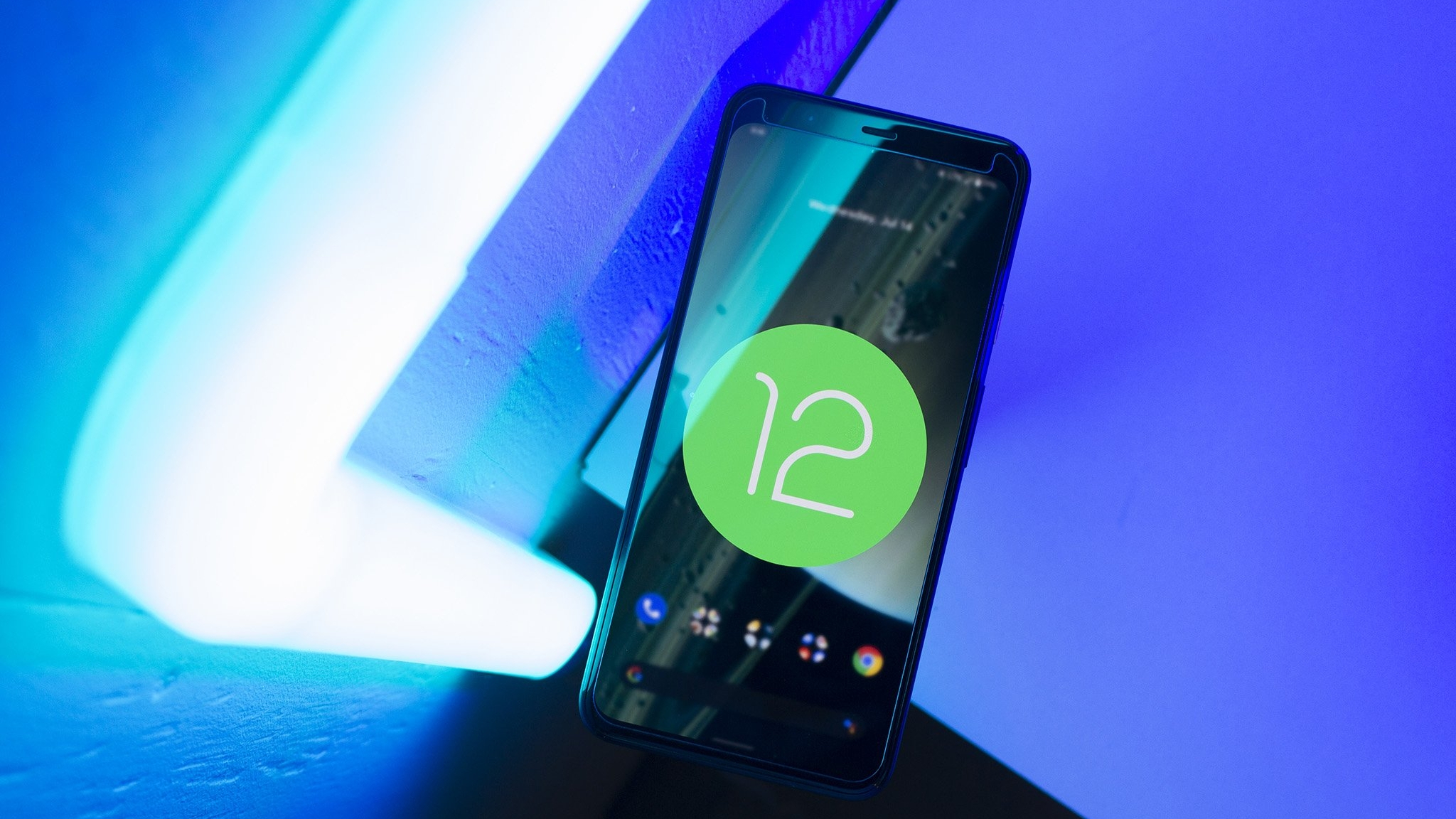Samsung Galaxy Fit 3: 4 things we want to see
What we want from a new Galaxy fitness tracker.
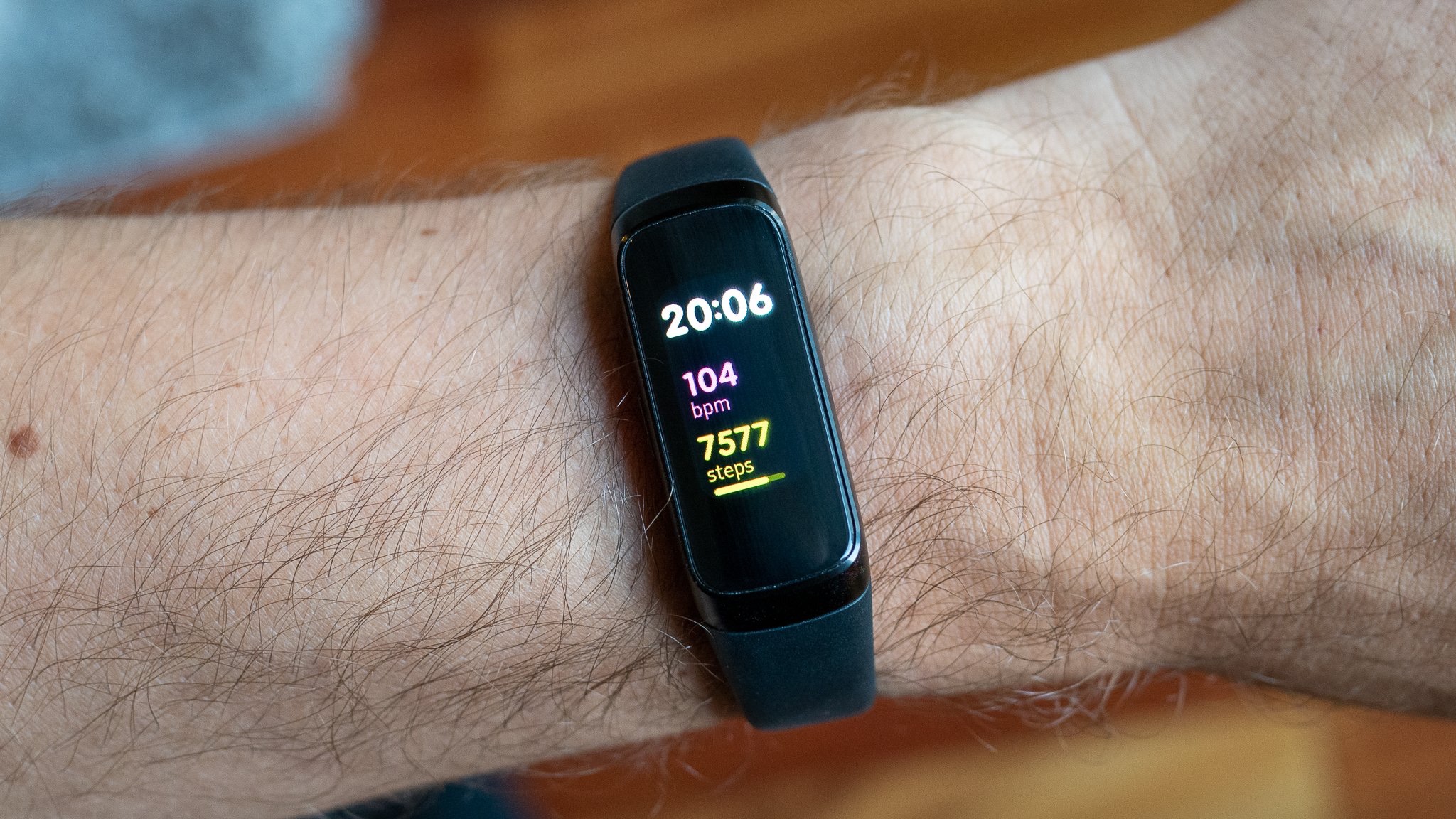
We're coming up on the three-year anniversary of the Samsung Galaxy Fit 2 being released, and surprisingly, this fitness tracker has not been updated. In fact, you can still pick one up from Amazon or Samsung directly, but with all of the other and more recent options out there, you probably shouldn't.
Using smartwatches isn't for everyone, as they can be a bit too big and cumbersome, or lack a lot of features that you would find elsewhere. Fitness trackers nowadays, at least the good ones, offer pretty much all of the same functionality as the best smartwatches, without the hefty price tags.
When the Samsung Galaxy Fit 2 was released, it was lauded as being one of the most comfortable wearables on the market. It also offers at least 10 days of battery life and is capable of handling most of what you would want from a fitness tracker. While we haven't seen much in the ways of leaks or rumors for a Galaxy Fit 3, we are still expecting an updated tracker to debut sometime in the near future.
More reliable heart rate monitoring
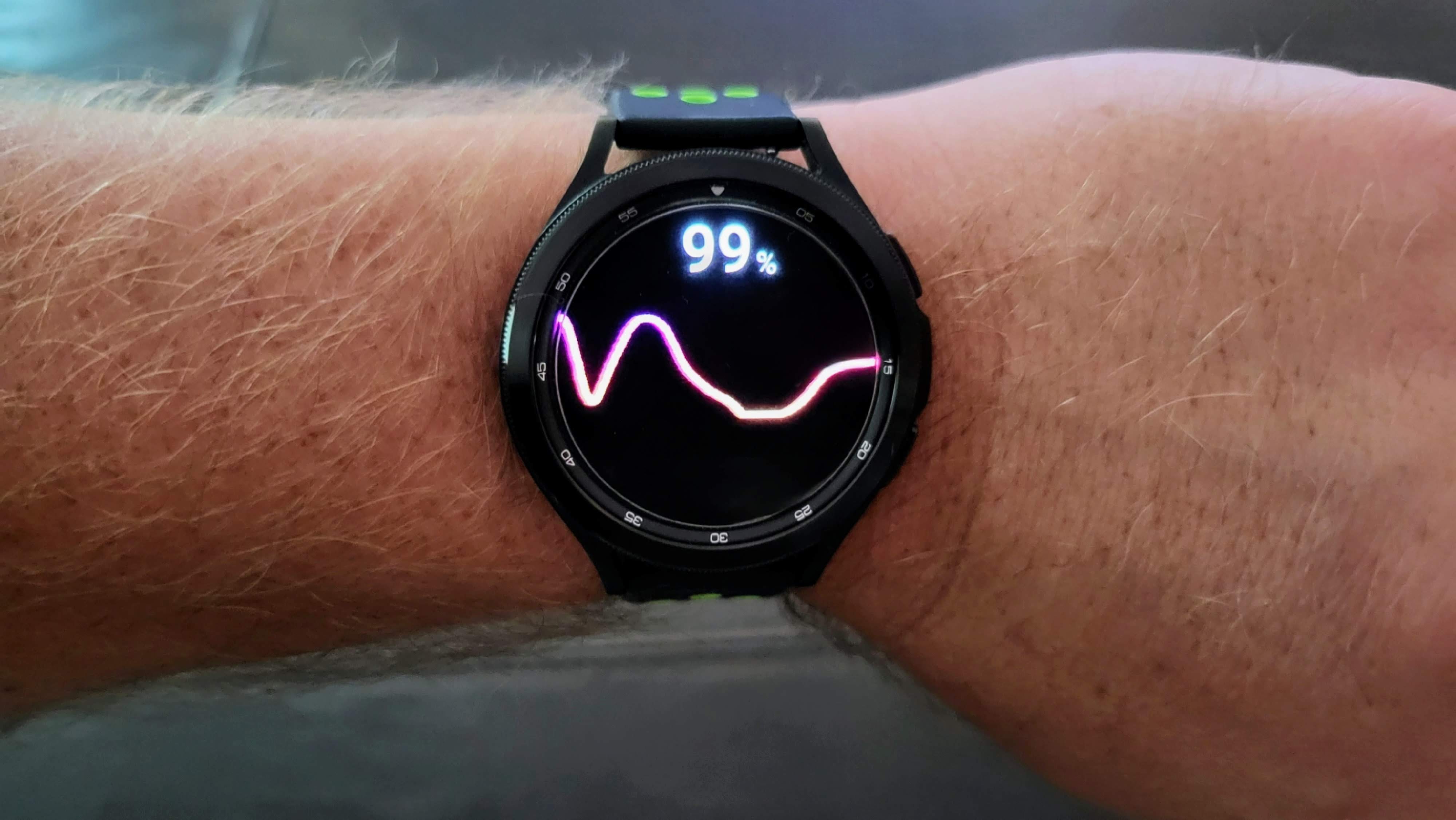
When you look around at the various reviews for the Galaxy Fit 2, there was a common theme — poor heart rate monitoring. The results were often unreliable, forcing you to ditch the tracker entirely for something like the Fitbit Charge 5, or you just opted for a smartwatch.
With so many great wearables available now, it seems that pretty much all of them have dialed in the heart rate monitoring. The same can even be said for the Galaxy Watch 4 series, so it would make perfect sense for Samsung to implement the same (albeit smaller) monitor in its next fitness tracker. You don't want to have to tighten the strap on your fitness tracker just to get an accurate reading, or have to reach out to your health care professional because of abnormal readings.
Better health and fitness tracking features
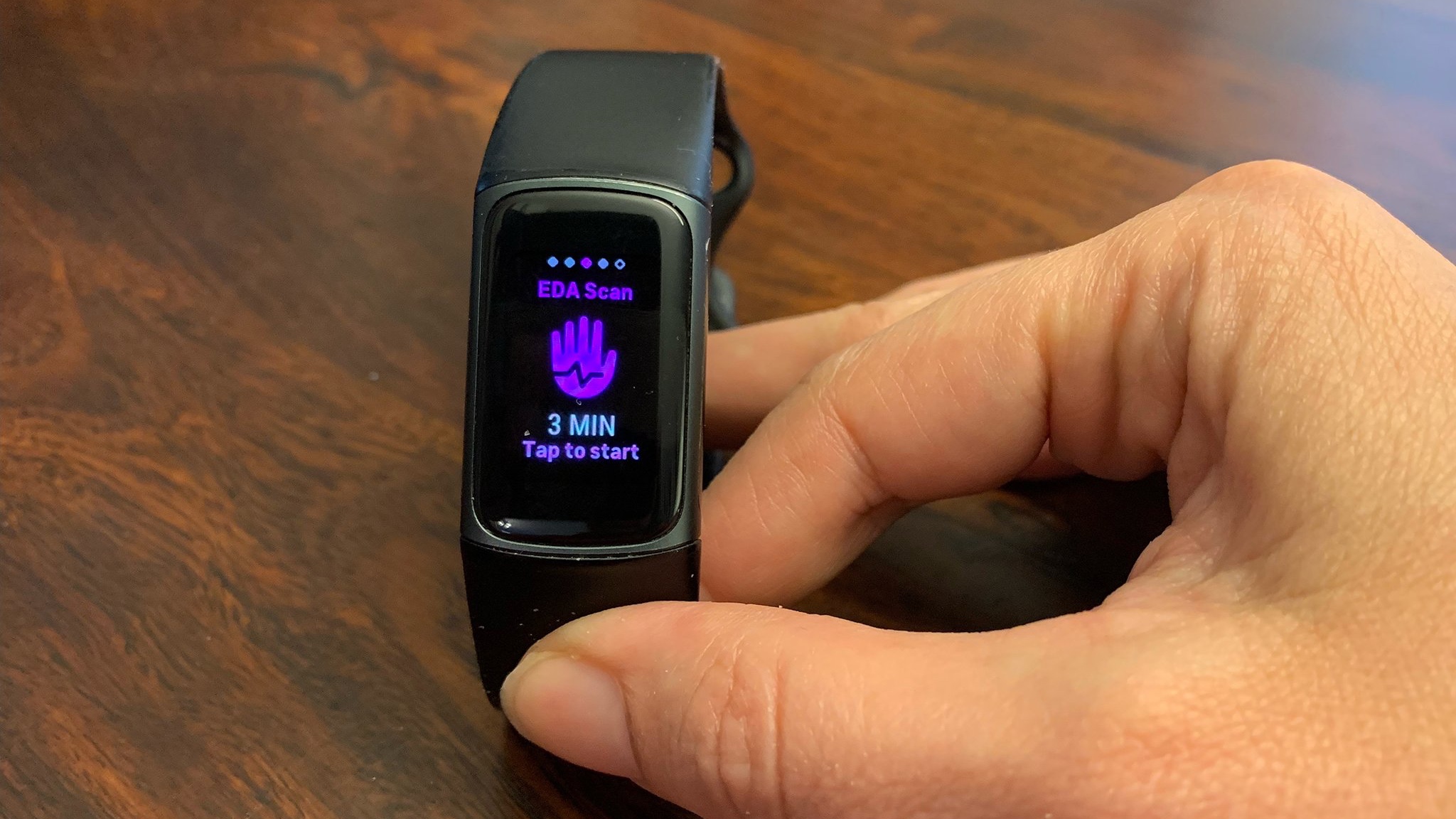
Heart rate monitoring is just one piece of the puzzle when it comes to tracking your health and wellbeing. Another area where the Galaxy Fit 2 falls flat, especially in 2022, is in its lack of additional tracking features.
For instance, not only does the Fit 2 lack onboard GPS, but you can't even use GPS when connected to your smartphone. Sure, this wasn't as big of a deal a few years ago, but even some of the cheapest smartwatches have at least the ability to use your phone's GPS.
Be an expert in 5 minutes
Get the latest news from Android Central, your trusted companion in the world of Android
There's also a lack of any formal female health tracking, something that is available in the competitively-priced Fitbit Inspire 2. It's just a matter of Samsung implementing the features, as this is another one of those things you can do with the Galaxy Watch 4 lineup.
We'll give Samsung some props for the inclusion of automatic workout tracking and sleep monitoring, as those have become staples in this space. And there's even stress-level monitoring available, but it definitely wouldn't hurt to provide meaningful upgrades to how these features are implemented given that it's been so long since the last iteration.
Implementation of Samsung Pay
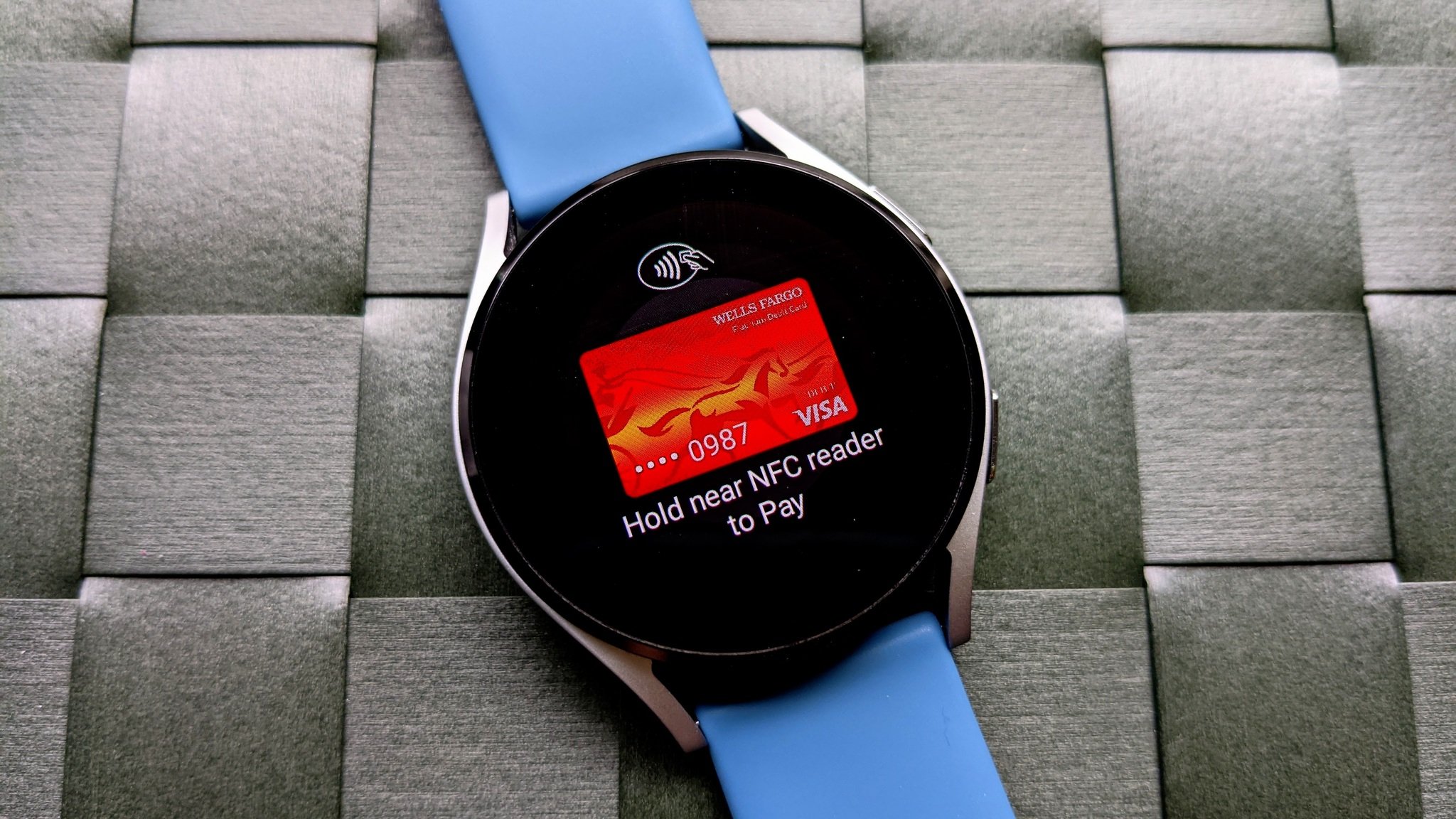
Speaking of feature implementations, it would come as quite a shock if Samsung Pay wasn't onboard. Making payments from your wrist, even after the removal of MST payments came about, is one of the most useful features a smartwatch can have.
Obviously it's not like Samsung needs to go and create a new payment standard, as Samsung Pay is arguably better than Google Pay and rivals Apple Pay in most regards. But there are times when your hands are full and just tapping your wrist to the payment machine would come in handy.
An affordable price tag
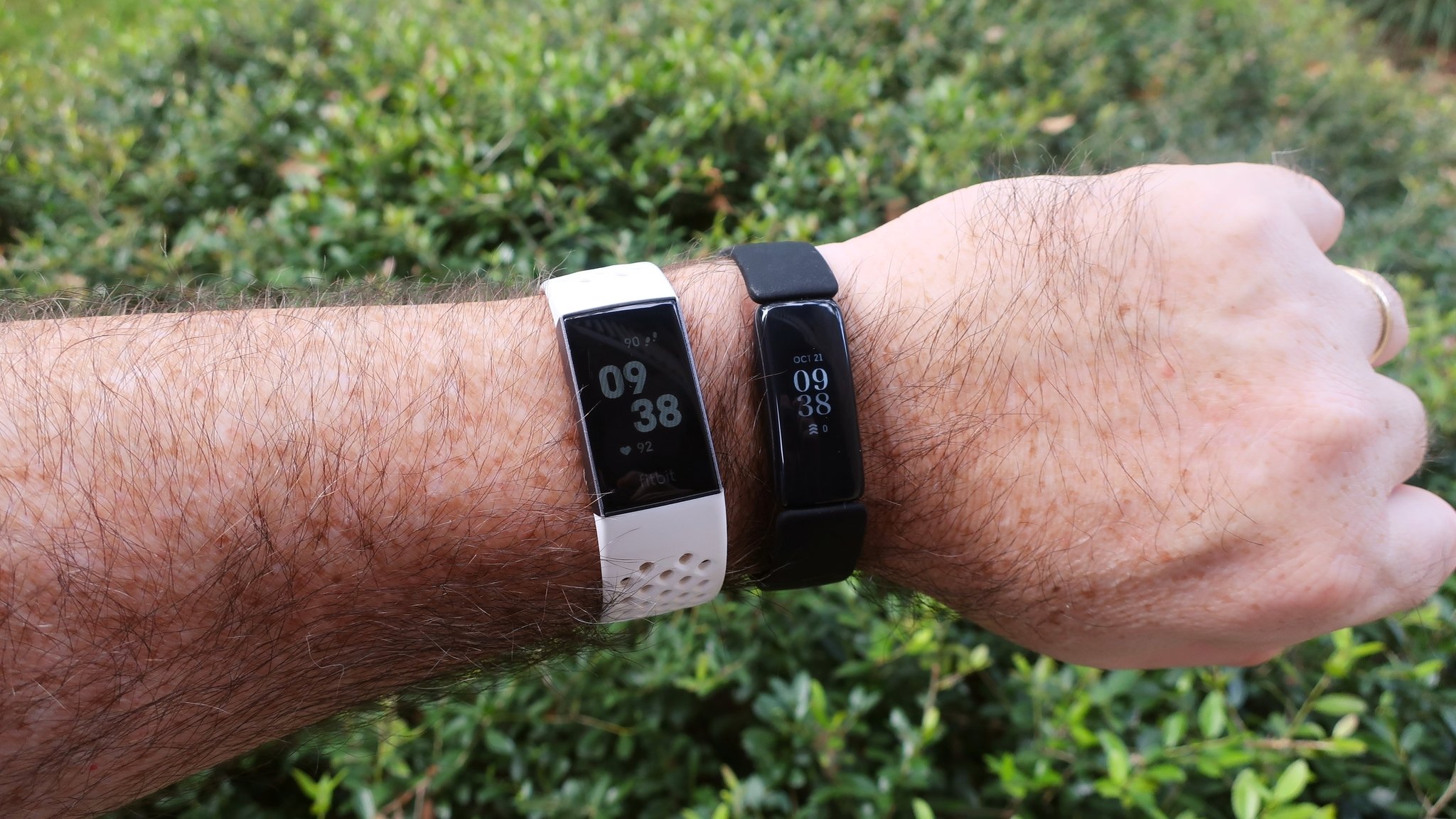
Trying to balance features with a potential design change and an increase in component costs is going to be interesting to see. If there's a company that knows how to do it all, it's definitely Samsung, but we would venture to guess the Galaxy Fit 3 will be more expensive than its $60 predecessor.
It's unlikely that Samsung would price the Galaxy Fit 3 at $199, because then you're eating into potential sales of the Galaxy Watch 4, and presumably the Galaxy Watch 5. But it's also unlikely that we see a sub-$100 fitness tracker from Samsung again, as long as the aforementioned features and changes come to fruition.
The only caveat here is if Samsung wants to try and eat into Xiaomi's market share thanks to its excellent Mi Band lineup of fitness trackers. There's also the incredibly-popular Fitbit Inspire 2, which is also due for an upgrade, but retails for around $100.
Moving into the $100 to $175 arena would put the Galaxy Fit 3 up against the Fitbit Charge 5 (retails for $180), and the Garmin Vivosmart 5 (retails for 150). I would prefer to see Samsung put its next fitness tracker right at the $150-$160 mark, and we think that's the most likely result.
Adding all of the aforementioned features, while improving things like the display and reliability means a higher price tag, and still puts it beneath Samsung's smartwatch lineup.
It's all in the name
Just as we've seen in the smartwatch market, Samsung's branding alone holds a lot of weight. It's how Google was able to claim that the Wear OS market has exploded in popularity following the Watch 4 and Watch 4 Classic's adoption of Wear OS from Tizen.
When you go to pick up a new Android phone, chances are you're looking at one of the best Samsung phones, and there's likely some promotion (at least through your carrier) to add a watch for free.
If Samsung actually does end up releasing an updated version of its fitness tracker, we would expect similar results compared to the Galaxy Watch. Samsung's ecosystem is tempting, and if there's any company in the Android space that knows how to take advantage of name recognition, it's Samsung.
But really, we just want the Galaxy Fit 3 to be a true competitor to fitness trackers in an effort to keep pushing the space forward.

Andrew Myrick is a Senior Editor at Android Central. He enjoys everything to do with technology, including tablets, smartphones, and everything in between. Perhaps his favorite past-time is collecting different headphones, even if they all end up in the same drawer.
